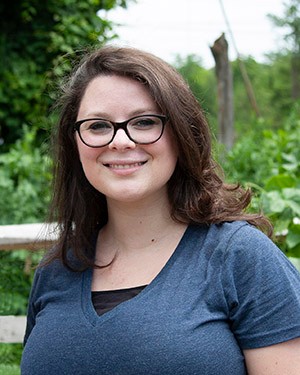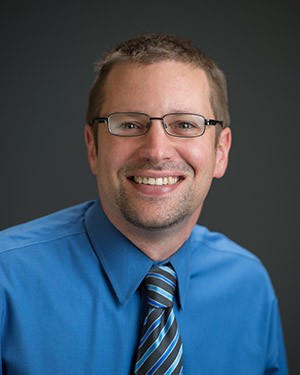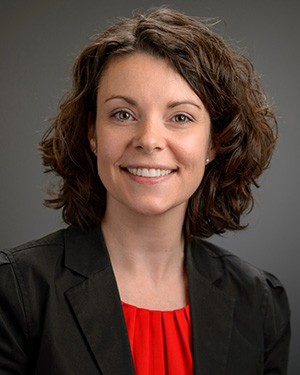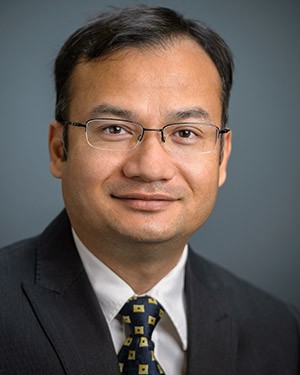Villanova Launches Environmental Geoscience Program for Philadelphia Students with Help of $399,155 NSF Grant

Vanessa Boschi, PhD

Steven Goldsmith, PhD

Lisa Marco-Bujosa, PhD

Kabindra M. Shakya, PhD
Villanova, PA – With issues such as environmental justice at the forefront, there is an ever-increasing need for professionals educated and trained in environmental geosciences to address contamination within urban communities. Now, a group of Villanova University geoscience faculty plan to address this need—while encouraging greater numbers of underrepresented students to pursue education and careers in the growing field.
Villanova geoscience faculty will collaborate with Philadelphia’s Walter B. Saul High School and its Career and Technical Experience (CTE) Program in Natural Resources to create an environmental justice-focused, active learning experience designed to start a pipeline of local students interested in geoscience careers. This program will use place-based learning, which is a pedagogical approach using places and their resources as a foundation for learning. The high school students will have the opportunity to assess environmental contamination within their neighborhoods, determine the efficacy of existing solutions and experiment with designing and sharing solutions using advanced technologies currently employed by geoscience academics and professionals.
Steven T. Goldsmith, PhD, associate professor, Geography and the Environment, leads the team that has received a three-year, $399,155 grant from the National Science Foundation to implement a novel environmental geoscience education and research program designed to build a pathway to college for Philadelphia public high school students. He will be working with Kabindra M. Shakya, PhD, assistant professor, Geography and the Environment, and Vanessa Boschi, PhD, assistant research professor, Chemistry, to develop modules and research experiences for the Walter B. Saul students in their respective expert areas of water, air and soil contamination in urban settings. In addition, Lisa Marco-Bujosa, PhD, assistant professor, Education and Counseling, will assist with the design of the educational modules and program assessment.
Dr. Goldsmith says “we are excited to partner with Saul teachers and CTE staff already centering career-readiness with their students. We hope to collectively build an immersive, locally-based STEM curriculum that can be expanded elsewhere.”
Nine students from the academic year program will be invited to participate in a summer institute at Villanova, spending a month on campus working directly with the faculty and with Villanova undergraduate students on research projects.
“By engaging the Walter B. Saul students in the ninth and tenth grades, we are aiming to create awareness and interest in the geosciences as a profession to address contamination issues often disproportionately impacting low-income and minority communities—and through this experience hopefully strengthen students’ confidence and desire to enroll in an undergraduate program,” Dr. Goldsmith says. “Our group is committed to broadening a path to the geosciences for underrepresented students.” This path will be assisted by Villanova admissions representatives who will counsel students in the summer program on the college and financial aid process, as well as make participants aware of full scholarships available to Philadelphia students.
While the NSF grant is for three years, the goal is to continue the program well beyond that—the research team hopes to attract future funding for the program from other sources.
About Villanova University’s College of Liberal Arts and Sciences: Since its founding in 1842, Villanova University’s College of Liberal Arts and Sciences has cultivated knowledge, understanding and intellectual courage for a purposeful life in a challenging and changing world. With more than 40 majors across the humanities, social sciences and natural sciences, it is the oldest and largest of Villanova’s colleges, serving more than 4,500 undergraduate and graduate students each year. The College is committed to a teacher-scholar model, offering outstanding undergraduate and graduate research opportunities and a rigorous core curriculum that prepares students to become critical thinkers, strong communicators and ethical leaders with a truly global perspective.
